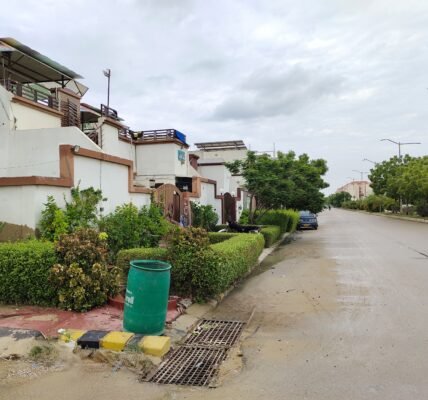What is First TD in Real Estate? A First Trust Deed is a legal document that involves three parties: a lender, a borrower, and a third party, a freeholder, who acts as a trustee. The borrower gives the trust deed to the trustee, who holds the title to the property as security for the loan. If the borrower fails to repay the loan and defaults, the trustee must take legal action to sell the property and play a role in recovering funds. The first trust deed is very important in the sense the lender associated with it is paid first if the property is foreclosed and sold.
Why is the First Trust Deed Important?
The trust deed secures the investment against the property. The Trustee holds the lien on the property until the borrower pays the loan in full. The borrower can take ownership of the title of the property. Otherwise, if the borrower defaults, the trustee can take legal action and sell the property for a refund of the funds.

Benefits of First Trust Deed in Real Estate:
Here we explain to you the benefits of the First Trust Deed in Real Estate
- Benefits in First TD to Investor
A real estate trust deed is an ideal way to enhance your investment portfolio. Investors can also benefit from the passive income earned during the loan period due to the borrower’s interest rates. However, the real estate market ebbs and flows unpredictably. Persons interested in investing in trust deeds should assess the risks involved and consider the objectives of the investment and their objectives.
- Investor Return Higher Rates:
In a first trust deed, the investors often experience higher rates of return due to the priority position of their loan. The first trust deed ensures that in the event of a foreclosure, the investor is paid first before other lienholders. Additionally, the relatively higher interest rates associated with these loans are compared to traditional savings or bonds.
- Loan on the Property is Secure
If the borrower defaults on the loan, the lender has the right to foreclose on the property to recover the owed amount. This provides the lender or investor with a level of security, as the property’s value ensures potential repayment through sale if the borrower fails to meet their obligations.

Faces The Challenge:
The first trust deed has many challenges, one of the first steps is finding an investor for the first trust deed, the reason for this is that the investor may be short of cash or have already invested in properties and new projects for their investments. by the way, the first trust deed can be a beneficial process for both lenders and borrowers
Differences Between a Mortgage and First Trust Deed:
Here we explain to you the differences related to Mortgage and First Trust Deed
- What is Mortgages?
A mortgage is a loan used to purchase or refinance real estate, where the property itself serves as collateral. In this, the borrower agrees to repay the loan within a specified period, usually with an interest rate adjustment. If the borrower does not repay the loan on time, the lender can foreclose on the property to recover the loan.
- What is the First Trust Deed?
As you know, in a mortgage there are two parties, the lender and the borrower. But in places where trust deeds are used to secure a loan, there are three parties involved.
1 – The Lender
2 – The Borrower
3 – The Trustee
Final Thoughts….
We must consider the First Trust Deed as a powerful financial tool in real estate. Its speciality is this reduces risk for the lender or investor while providing potentially higher returns due to its secured nature. Normally this procedure involves three parties: the borrower, lender, and trustee, who holds the property’s title until the loan is fully repaid. This structure ensures protection for both the lender and the borrower.







3 COMMENTS